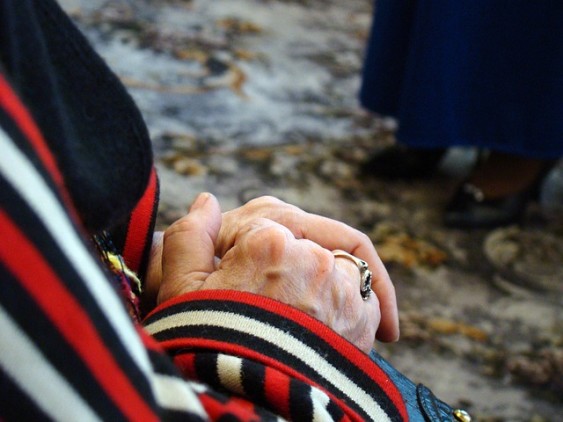
New research conducted by the University of Bristol, alongside the University of Oxford and University College London, has shown that those who self-harm as teenagers are more at risk of developing mental health and substance misuse problems as adults.
Data was collected from almost 5000 adolescents as part of Children of the 90s – one of the world’s largest population studies – to examine the outcomes of self-harm for the first time. The research is being called the biggest study of its kind in the UK.
The research paper, funded by the Medical Research Council and published online in the BMJ, reveals that almost 20% of 16-year-olds who took part in the study had a history of self-harm and most had not sought help from health professionals.
Examining their progress over the following five years showed that even those who self-harmed without suicidal intent had an increased risk of developing mental health problems, such as depression and anxiety, compared with adolescents who had not self-harmed.
They were also more likely to self-harm in the future and to have substance misuse problems, such as smoking, drinking excessive amounts of alcohol and using illegal drugs.
Those who self-harmed with suicidal intent were also more at risk of poorer GCSE and A-level results and were less likely to be in further education, training or employment three years later.
Professionals Need to Be Aware of Such Behaviour
Although risks were generally stronger in those who had self-harmed with suicidal intent, outcomes were also poor amongst those who had self-harmed without suicidal intent.
Dr Becky Mars, from the research team at the University of Bristol said: “We’ve shown for the first time that adolescents who self-harm are more vulnerable to a range of adverse conditions in early adulthood. While we cannot say that self-harm directly causes such problems, it’s certainly a sign that all is not well and professionals need to be aware of such behaviour and identify it early.”
“There is widespread lack of understanding amongst health and teaching professionals about those who self-harm without intending to take their lives. It should not be dismissed or viewed as trivial, as it could be a warning sign for suicidal behaviour or other problems later in life. These new findings highlight the importance of self-harm and the need for better understanding among professionals likely to come across youngsters who self-harm.”
Semi-Independent Accommodation
Stepping Out has always been prepared to help lighten the load on the UK mental health services and provide support to those who suffer from suicidal thoughts and self-harm issues.
For years, Stepping Out has been providing semi-independent accommodation throughout North London & Hertfordshire to local authorities. Our facilities are staffed up to 24 hours a day offering a supervised group living arrangement focused on producing positive outcomes.
Assistance and help can be provided for those who suffer from a number of mental health issues. For more information on our semi-independent living services, please contact us.



